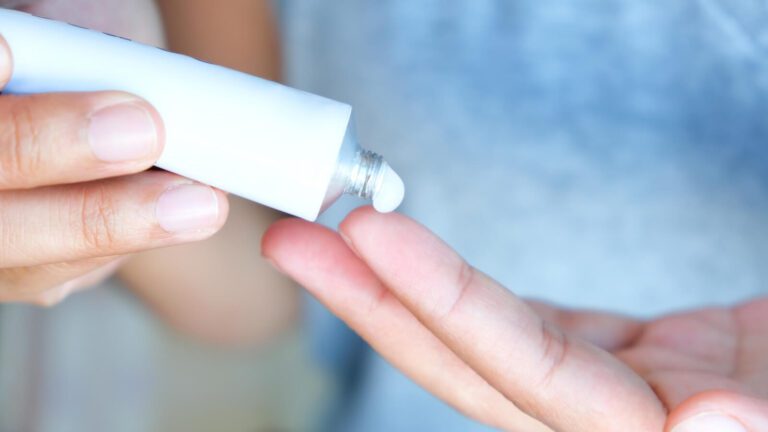MEDIA/
The Role of Steroids in Eczema Treatment

Many people have misunderstandings and fears about steroids, but they play a crucial role in the treatment of eczema. Steroids have three main functions: they reduce inflammation, control an overactive skin immune system, and help constrict blood vessels, thereby reducing redness. Numerous medical studies have confirmed the effectiveness of steroids in managing eczema, and international guidelines recommend their use as a first-line treatment for acute eczema.
When used appropriately, the side effects of steroids can generally be avoided. First, they should be used under medical supervision. There are four strengths of steroid creams, and some patients may mistakenly purchase the wrong strength from a pharmacy—mild patients using strong creams or severe patients using mild ones—resulting in inadequate control of the eczema. Additionally, different strengths should be applied to different areas of the body. For thinner skin areas, such as joints, the face, and eyelids, a mild cream is usually sufficient. In contrast, thicker skin areas, like the palms of the hands and soles of the feet, require stronger creams. Dosage is also important; the cream should be applied thinly. The fingertip unit, which is the tip of an adult male’s index finger, is approximately 0.5 grams of cream and can cover an area about the size of two palms. Furthermore, based on medical advice and the patient’s condition, the amount of cream can be adjusted; if the condition is under control, other non-steroidal creams, such as tacrolimus ointment, can be used.
Using steroid creams in conjunction with moisturizing creams can lead to better control of eczema. Moisturizers can reduce the severity of eczema and decrease its recurrence rate. It is recommended to apply the moisturizer first, and then apply the steroid cream about half an hour later, as this enhances absorption and treatment efficacy. The chosen moisturizer should be free of fragrances and preservatives, and its moisturizing level should be tailored to the individual’s comfort; the key is that the patient feels good after application and is willing to use it consistently.
For patients with severe eczema that is not adequately controlled by steroid creams, oral steroids or oral immunomodulators may be used, but these methods each have side effects and should be administered under medical supervision with regular check-ups. As for the latest biologic treatments, they work by blocking the biological factors that cause eczema, such as IL-4 and IL-13. These treatments are relatively safe and effectively control the condition, allowing patients to choose based on their individual circumstances.


